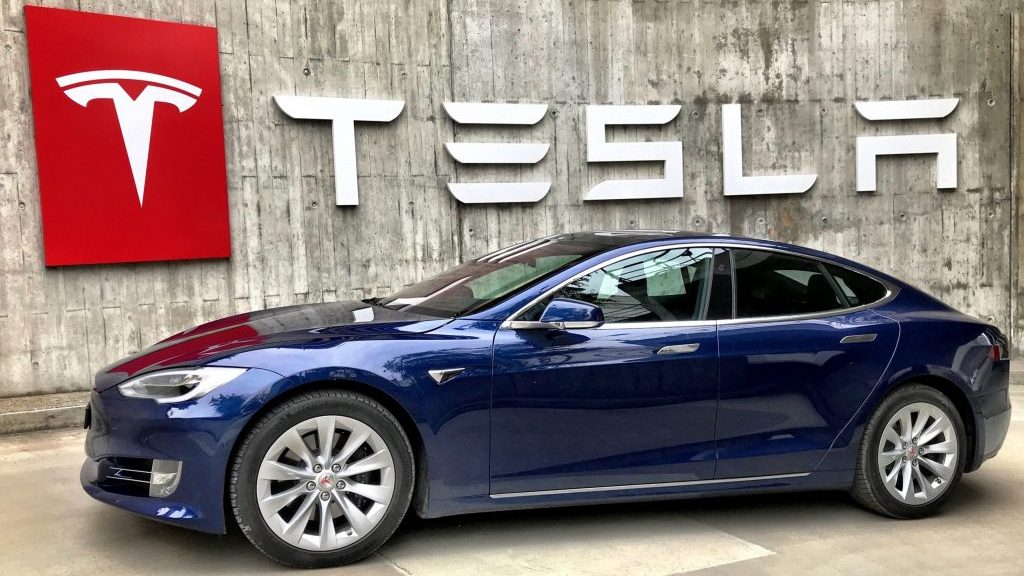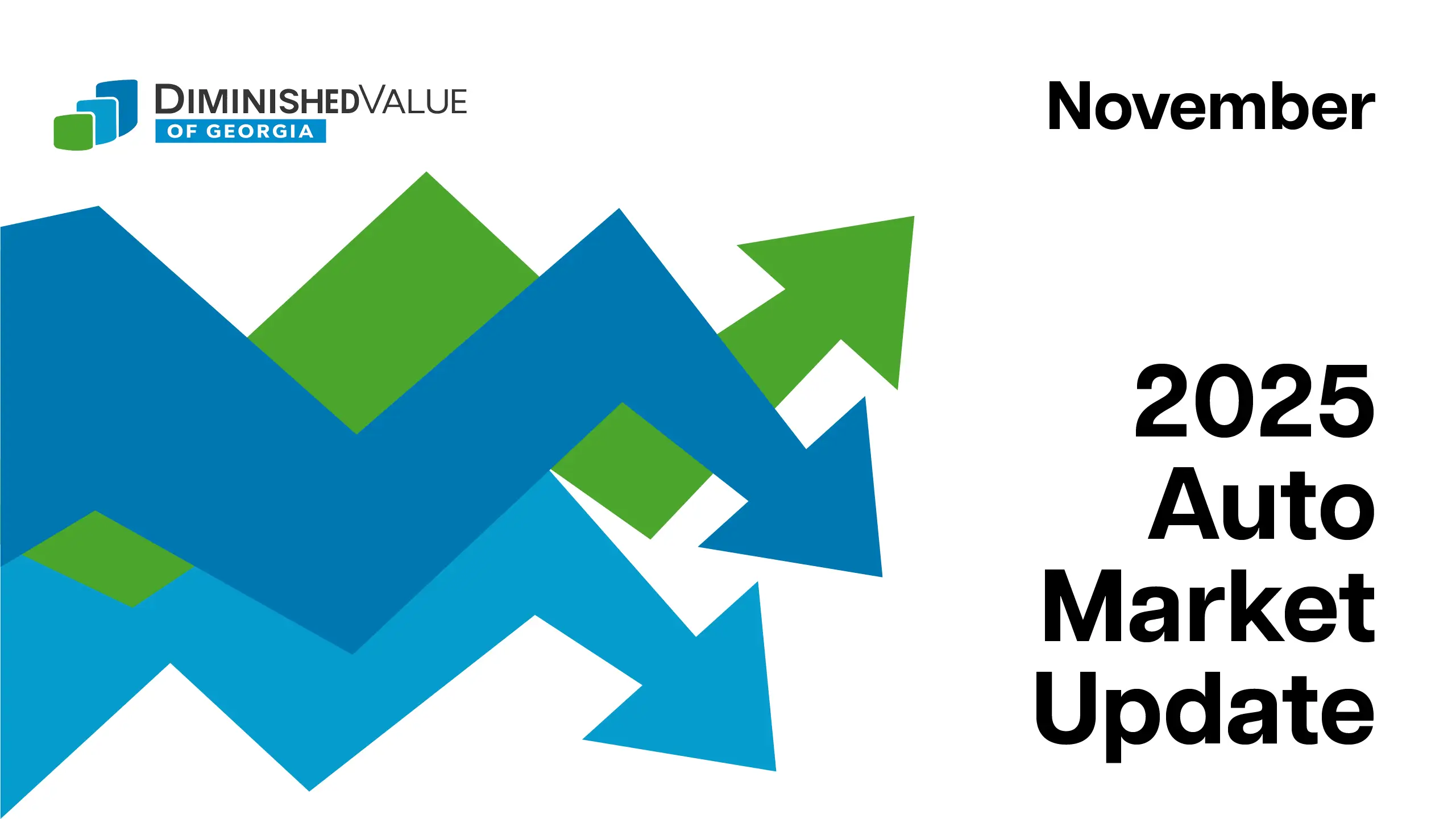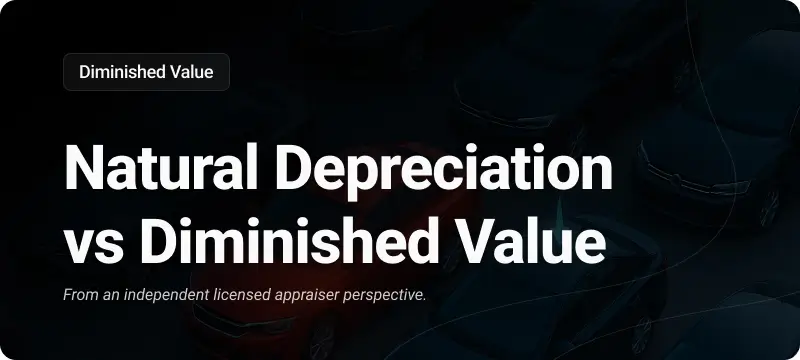Tesla Stock Ended 2022 With Its Biggest Annual Decline Ever (PDF)

Tesla closed the worst year in the company’s history, losing more than $700 billion in market valuation amid investor concerns about production disruptions, demand concerns, and Elon Musk’s focus on Twitter.
Almost 65% of Tesla’s shares have fallen since the beginning of the last year. Tesla offered discounts to customers to take deliveries before year-end, sparking fears about demand, and resulting in a new wave of share sales. Furthermore, Tesla’s largest car plant in China has been temporarily closed. Tesla’s stock also suffered its worst monthly performance in December, though shares closed Friday(dec 30,2022) up 1.12% to $123.18.
Slowing demand and vehicle production, sluggish market share in China, and Elon Musk’s takeover of Twitter have all worried investors.
Electric vehicles remain a hot topic in the auto industry worldwide. Recent economic trends and skyrocketing costs of battery components have caused Tesla to increase their prices, resulting in a difficult situation for customers who have to endure rapid inflation and high-interest rates. To move existing stock, Tesla offered buyers a $7,500 discount with delivery before the end of the year, almost equal to the federal subsidy starting this year.
Musk, whose personal net worth has tumbled along with Tesla shares, has tried to ignore the pain.
The company owner tweeted: “Long-term fundamentals are extremely strong. Short-term market madness is unpredictable,”
“Don’t be too bothered by stock-market craziness. As we demonstrate continued excellent performance, the market will recognize that,” said Elon to his employees in a message.
In November 2021, the stock reached an all-time high, but it has declined steadily since Musk completed his takeover of Twitter, where he also serves as CEO.
Tesla’s cash cushion has been clamoring for stock repurchases by some investors. Although Mr. Musk warned earlier this month that broader economic conditions and recession worries might influence any decision, he has indicated his general willingness to pursue such a program.
He says: “It wouldn’t be smart to do a buyback and then discover the recession is worse than 2009,”



